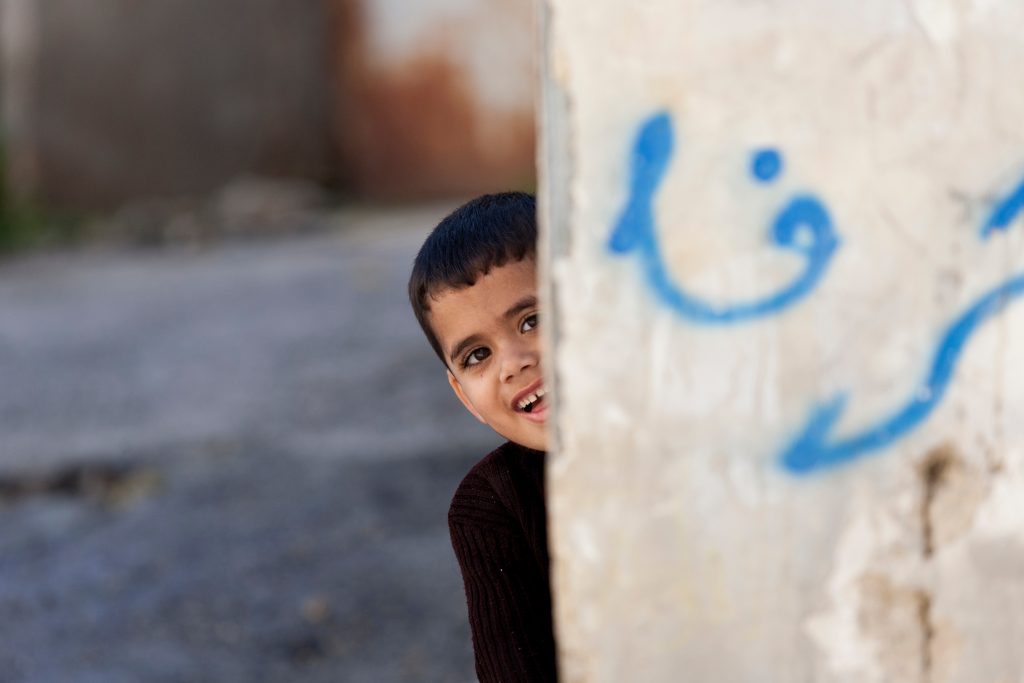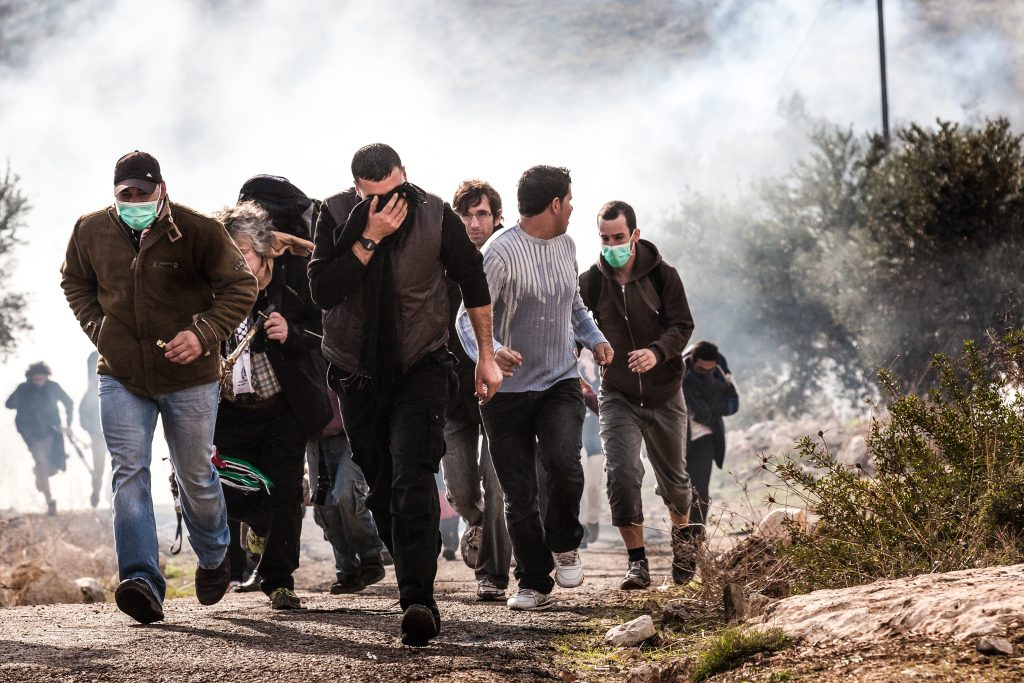If Palestinians were to gain from international endeavours, the international community would have to deconstruct all its detrimental policies to date.
If Palestinians were to gain from international endeavours, the international community would have to deconstruct all its detrimental policies to date.
A quarter of a century since the signing of the Oslo Accords and the Palestinian people are still incarcerated in a role that is not of their choosing. The international community is intent on regurgitating policies that have subjugated Palestinians into a deteriorated economy while knowing full well that through the same accords which protected Israel’s colonial intent, Palestinians are now defined only through humanitarian discourse.
In a recent press release discussing its annual report, the UN Conference on Trade and Development (UNCTAD) stated that Palestine’s economic reality is in continuous deterioration, warning that:
“evaporating donor support, a freeze in the reconstruction of Gaza and unsustainable, credit-financed public and private consumption offer poor growth prospects as the confiscation of land and natural resources by Israel continues”.
UNCTAD unequivocally places blame upon Israel, showing how each military aggression upon Gaza and the ensuing refusal to allow the enclave proper reconstruction, as well as restrictions upon the trade of goods “that might have a potentially military application” have contributed to a growing deficit. Israel’s illegal blockade on Gaza, rising unemployment, settlement expansion and the Paris Protocol which governs trade tariffs and imposes the same fees upon Palestinians despite their imposed disadvantages, are other factors considered by the report.

UNCTAD correctly speaks about “de-development” as opposed to a deteriorating economy – a fact which the international community refuses to recognise as it continues to speak of future purported progress, always within the context of the two-state compromise, while knowing full well that the statistics convey a different picture. Apart from the ramifications of Israeli colonial exploitation and violence, the political isolation of Palestinians and the superfluous presence of Palestinian representation at an international level through the Palestinian Authority is restricting prospects for Palestinians.
UNCTAD’s analysis of the visible factors contributing to Palestine’s de-development, however, is not enough to construct a plan of reversing the spiralling trend. The constant refusal to distinguish between Palestinians and the Palestinian Authority damages prospects for the people. Inequalities in the existing frameworks are undoubtedly contributing to the deterioration of Palestinians’ lives and prospects. However, the fact remains that any recommendations, if implemented, will be carried out within a corrupt context: Israel, which will not refrain from colonising Palestinian territory and lives, the PA, which cherishes its role as colonial collaborator over any other obligation, and the international community, which has divested Palestinians of their right to political claims while strengthening the concept and implementation of humanitarian aid.
It can be argued that, given the restrictions faced by Palestinians, humanitarian aid has become a necessary endeavour, to the point that its inclusion in a report focusing on the economic situation is barely questioned. It is important to note that humanitarian aid for Palestinians does not even completely address the deprivation. Hence, it is important to note that humanitarian aid, while alleviating some hardships, is also a constraining factor for Palestinians since the international community is still focused on making such aid a priority before even addressing the circumstances that prevent the Palestinian economy from sliding further into an abyss.

The Oslo Accords made de-development an easy task for Israel to execute. Palestinian poverty is now normalised to maintain the status quo ruled by Israel, the PA and the international community. Twenty-five years later, international organisations have also marginalised responsibility and accountability to mere rhetoric, while the gap is largely filled by inadequate humanitarian aid which ensures a continuous cycle of reports and recommendations which are never implemented. Palestinians’ political rights have been butchered for Israel’s security interests, as the Oslo Accords fully intended.
If Palestinians were to gain from international endeavours, the international community would have to deconstruct all its detrimental policies to date, which it has unequivocally supported. Since this is clearly not an option for the system that determined humanitarian aid for Palestinians over political and economic freedom, Palestinians will remain shackled to a system where organisations will have no qualms over raising awareness of their plight, but refusing to consider a new politics commencing with decolonisation through which Palestinians can assert their rights.


